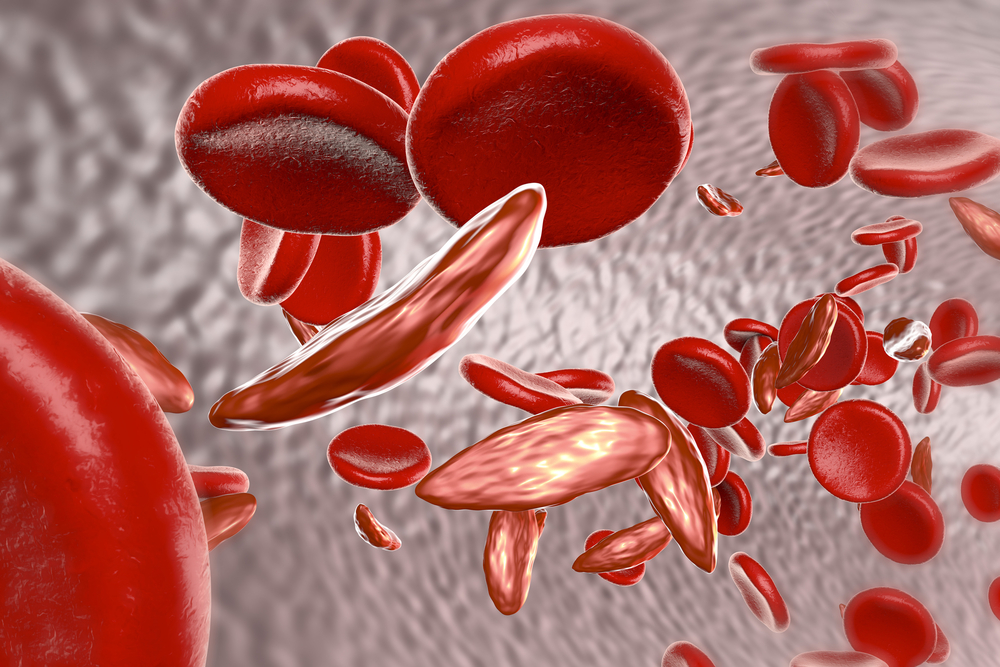Imara Announces First Person Dosed in Trial for IMR-687, Potential Therapy for Sickle Cell Anemia
Written by |

Imara, a biotechnology company that is working to develop new therapies against sickle cell anemia and other blood disorders, announced recently that the first healthy volunteer has been dosed in a Phase 1 clinical trial testing the safety and tolerability of their drug candidate IMR-687.
“Initiating this first study in humans is a critically important milestone as we work to advance new therapies for people living with sickle cell disease,” James McArthur, PhD, founder, president and chief executive officer of Imara, said in a press release.
IMR-687 is an oral compound that has been specifically designed to address the underlying cause of sickle cell anemia. It exerts its activity by inhibiting an enzyme called phosphodiesterase 9 (PDE9) in the red blood cells.
Previous experiments on animal models have sown that IMR-687 increases fetal globin, the type of hemoglobin that is found in the human fetus and has the ability to bind oxygen with higher affinity than adult hemoglobin.
The increase in fetal globin prevents the polymerization of the sickled hemoglobin and reduces red blood cell sickling. In turn, this reduces red blood cell death, as well as blockage of blood vessels. It also has been shown that IMR-687 reduces the “stickiness” of white blood cells, further reducing the blockage of blood vessels.
If the same effects are seen in patients, the compound could potentially decrease the pain, organ damage and early mortality caused by sickle cells.
McArthur added: “More than 160,000 individuals are living with sickle cell disease in the United States and Europe with many more in Africa and Asia; yet, there remains a serious medical need facing those whose lives are burdened by this devastating disease.”
Sickle cell anemia is a genetic disease that changes the oxygen transporting protein hemoglobin in red blood cells. This causes red blood cells to acquire a distorted sickle-like shape and to stick together, sometimes blocking the blood vessels. These red blood cells also have a reduced ability to carry oxygen compared to normal red blood cells. This can lead to oxygen deprivation to tissues and can cause permanent damage to organs, including the liver, spleen, kidneys and brain.





